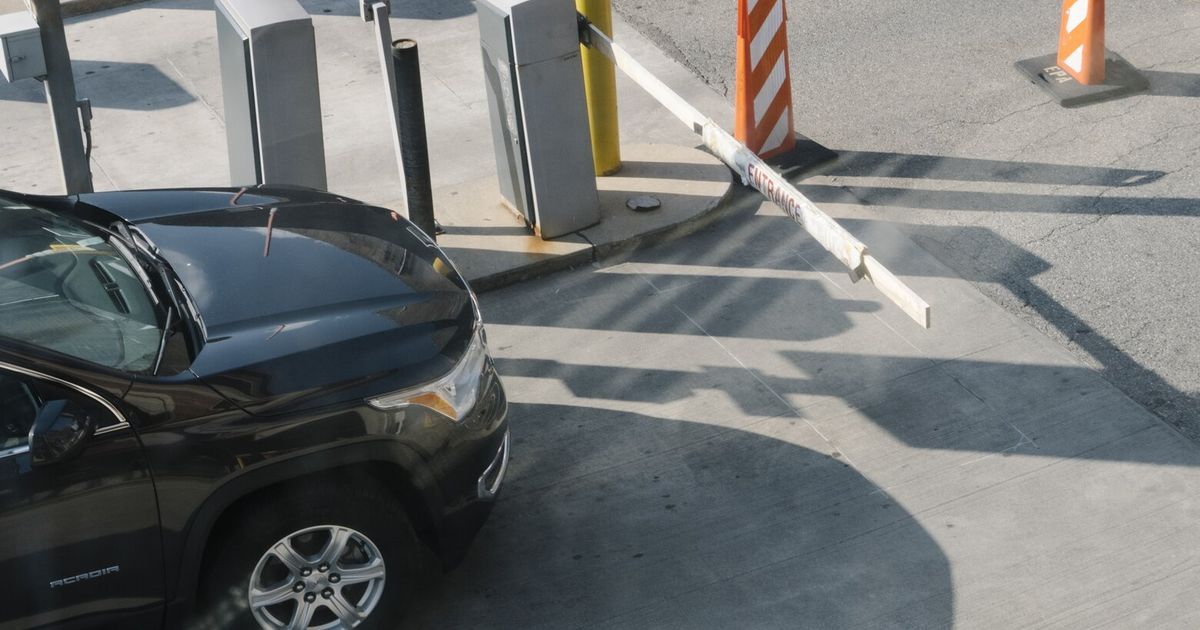© Reuters. FILE PHOTO: The BYD Atto 3 EV car is displayed at the 39 Thailand International Motor Expo, in Bangkok, Thailand, November 30, 2022. REUTERS/Athit Perawongmetha/File Photo
By Satoshi Sugiyama
TOKYO (Reuters) – BYD Co (OTC:)’s Japanese division said on Monday it would start selling its first battery electric vehicles (BEVs) in the country early next year, as the world’s largest EV maker further steps up its plan to either sell or make its cars available across major markets.
China’s BYD, in which Berkshire Hathaway (NYSE:) owns a stake, said it will roll out an electric sports utility vehicle, ATTO 3, in Japan starting Jan. 31. The car has a cruising distance of 485 kilometres and will cost 4.4 million yen ($32,735.66).
In comparison, Nissan (OTC:) Motor Co’s electric Leaf standard model has a cruising range of 322 kilometres and costs about 3.7 million yen.
BYD’s Japan chapter is planning to introduce two more models by the end of 2023 and more than 100 dealerships in Japan by the end of 2025, the company said.
Gasoline-electric hybrid models remain more popular than BEVs in Japan. However, the share of the battery-driven vehicles is expected to grow, partly due to non-Japanese automakers like BYD and Volkswagen (ETR:) making their way into the market.
BYD’s Japan division is planning to set up tentative retailers starting late January in 22 cities but is eager to cover all 47 prefectures, said Atsuki Tofukuji, BYD Auto Japan Inc chief executive.
“We hope that we can make our presence felt little by little as we work toward carbon neutrality and as our customers demand a variety of choices,” he said.
Japanese automakers have recently been criticised by activists and green investors, who slam them for not embracing battery electric vehicles fast enough.
Toyota Motor (NYSE:) Corp began selling its first mass-produced fully electric vehicle bZ4X in May as lease-only in its domestic market, charging 106,700 yen per month for the first four years in a 10-year contract. However, it was forced to recall less than two months later due to safety concerns. It began producing again in October.
Just a year into its $38 billion EV plan, Toyota is already considering starting again to better compete in a market growing beyond the automaker’s projections, Reuters reported in October.
($1 = 134.4100 yen)
















